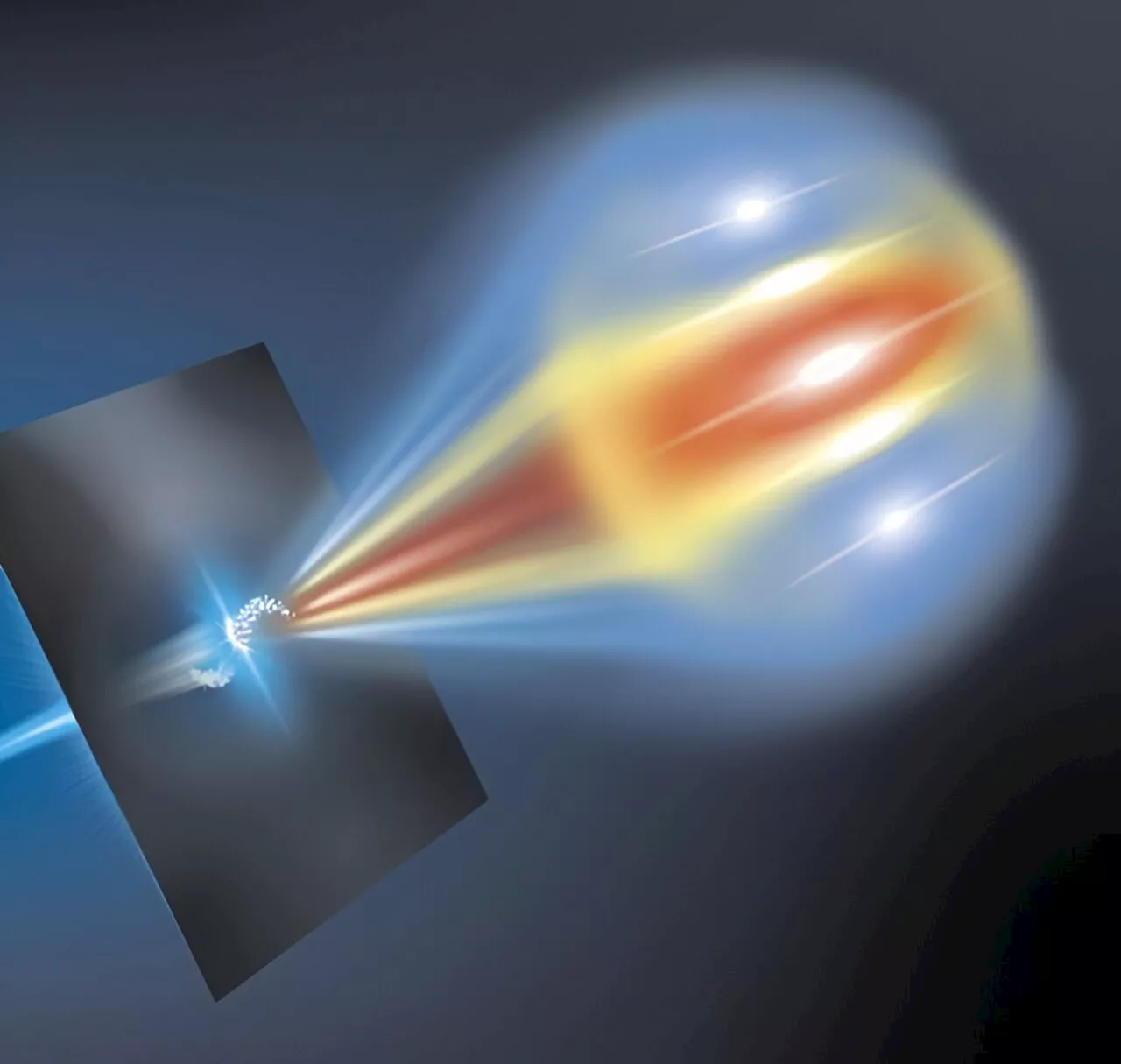Researchers mined the molecular foundations of cancer and uncovered a new reason chimeric antigen receptor (CAR-T cell therapy) fails in some patients. This discovery has fueled new strategies that incorporate antibodies and gene editing to improve the outcome of this breakthrough treatment for patients.
Researchers mined the molecular foundations of cancer and uncovered a new reason chimeric antigen receptor fails in some patients. This discovery has fueled new strategies that incorporate antibodies and gene editing to improve the outcome of this breakthrough treatment for patients.
In search of new solutions, Dr. Kenderian's team analyzed pre-infusion CAR-T cells from patients treated with CAR-T cell therapy. They compared data from patients who went into remission to those whose CAR-T cell therapy failed. They also studied how CAR-T cells killed lymphoma, leukemia and multiple myeloma tumors grown in laboratory mice. They compared the results of mice who responded well to CAR-T therapy to those that did not.
"After applying the CRISPR gene-editing technology to remove the IL-4 protein from the cell, our team documented a significant improvement in the ability of CAR-T cell therapy to recognize and kill cancer," says Dr. Kenderian.
Stem Cells Cancer Brain Tumor Biochemistry Automotive And Transportation Vehicles Transportation Science
United States Latest News, United States Headlines
Similar News:You can also read news stories similar to this one that we have collected from other news sources.
 Car thieves using device to steal your key fob signal, then your carKey fobs that allow you to unlock your car and start it by pushing a button are something we've all gotten used to. But car thieves are using their own tech to
Car thieves using device to steal your key fob signal, then your carKey fobs that allow you to unlock your car and start it by pushing a button are something we've all gotten used to. But car thieves are using their own tech to
Read more »
 Researchers find new way to forecast hurricanes weeks ahead using Kelvin wavesA new research led by NSF NCAR reveals that Kelvin waves can predict increased hurricane activity weeks in advance.
Researchers find new way to forecast hurricanes weeks ahead using Kelvin wavesA new research led by NSF NCAR reveals that Kelvin waves can predict increased hurricane activity weeks in advance.
Read more »
 UTSA researchers find using bird feeders in backyards bolsters population in San AntonioBird feeders serve many purposes in people’s backyards. Some families like the way they look, and others enjoy watching what kind of birds they can attract.
UTSA researchers find using bird feeders in backyards bolsters population in San AntonioBird feeders serve many purposes in people’s backyards. Some families like the way they look, and others enjoy watching what kind of birds they can attract.
Read more »
 Researchers attempted to emulate a clinical trial using data from real patientsResearchers used real-world clinical data to attempt to emulate a randomized controlled trial testing the effectiveness of two blood thinners, apixaban and warfarin, to prevent stroke in patients with non-valvular atrial fibrillation.
Researchers attempted to emulate a clinical trial using data from real patientsResearchers used real-world clinical data to attempt to emulate a randomized controlled trial testing the effectiveness of two blood thinners, apixaban and warfarin, to prevent stroke in patients with non-valvular atrial fibrillation.
Read more »
 Researchers present new diagnostic tool for laser-plasma accelerator using metal foil as 3D scannerLaser-plasma accelerators take up less space than conventional facilities, which are sometimes kilometers long. Such compact particle sources can accelerate electron bunches efficiently, enabling X-ray lasers that fit in the basement of a university institute.
Researchers present new diagnostic tool for laser-plasma accelerator using metal foil as 3D scannerLaser-plasma accelerators take up less space than conventional facilities, which are sometimes kilometers long. Such compact particle sources can accelerate electron bunches efficiently, enabling X-ray lasers that fit in the basement of a university institute.
Read more »
 Researchers develop proton barrier films using pore-free graphene oxideKumamoto University's research team, led by Assistant Professor Kazuto Hatakeyama and Professor Shintaro Ida of Institute of Industrial Nanomaterials, has announced a groundbreaking development in hydrogen ion barrier films using graphene oxide (GO) that lacks internal pores.
Researchers develop proton barrier films using pore-free graphene oxideKumamoto University's research team, led by Assistant Professor Kazuto Hatakeyama and Professor Shintaro Ida of Institute of Industrial Nanomaterials, has announced a groundbreaking development in hydrogen ion barrier films using graphene oxide (GO) that lacks internal pores.
Read more »
